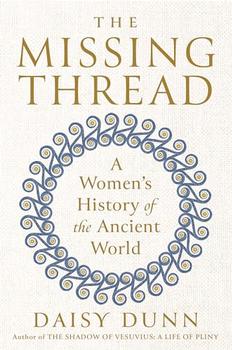
Carol Brown Janeway, the English language translator of Embers, describes what it was like to first read Sándor Márai's lost classic. The Communists banned his books and destroyed every copy they could find but thanks to the Italian publisher Roberto Calasso, his books have been resurrected.
Sometimes there is justice in the world. A couple of years ago, the great
Italian publisher Roberto Calasso was on a trip to Paris when he noticed in
a publisher's catalog the reissue of a list of neglected classics. Given his
encyclopedic interest in Central European culture, he was curious to see the
name of a Hungarian novelist, Sándor Márai, of whom he had never heard, and
asked for material. Some French translations arrived, he started reading,
and he realized that he was in the presence of that rarest of discoveries, a
lost masterpiece. Calasso being Calasso, after a quick blizzard of phone
calls, he was not only the owner of publishing rights to this book and two
others, but was well on the way to unearthing an entire literary oeuvre.
Cut to the Frankfurt International Bookfair -- where publishers and
agents from around the world meet to share their finds. I have hardly
plopped down into my seat next to Calasso at a dinner when, with barely a
nod to the usual convention of ten minutes of uproarious and unvarnished
gossip about everybody and everything, he begins to talk about Márai.
Nonsense forgotten, publishers from six countries around the table sit fixed
on what he is saying. A few days later, back in New York, I get the package
of the French translations and head home, almost dreading that they won't
be, can't be, that good. I shouldn't ever have doubted. Hours later--it's 3
a.m.--I'm sitting with the last pages of Embers in my hands, and the world
of twentieth-century literature has rearranged itself in my head.
The
Communists banned Márai's books, destroyed every copy they could find, drove
him into exile and oblivion. Fifty years later, Calasso has single-handedly
set him back where he belongs, in the ranks of Musil, Joseph Roth, even (as
some German critics are saying) Thomas Mann and Kafka. Embers has topped the
best-seller lists in Italy and Germany already, and will be translated into
twenty-three languages. The other books will follow. For any of us who work
as editors, the discovery of a Márai would feel like the good fortune of a
lifetime. I think and believe that when you read this book, you will feel
that way too.
--Carol Brown Janeway, 2001.
Reproduced at BookBrowse with the permission of Random House.
Unless otherwise stated, this interview was conducted at the time the book was first published, and is reproduced with permission of the publisher. This interview may not be reproduced or reprinted without permission in writing from the copyright holder.




The dirtiest book of all is the expurgated book
Click Here to find out who said this, as well as discovering other famous literary quotes!
Your guide toexceptional books
BookBrowse seeks out and recommends the best in contemporary fiction and nonfiction—books that not only engage and entertain but also deepen our understanding of ourselves and the world around us.